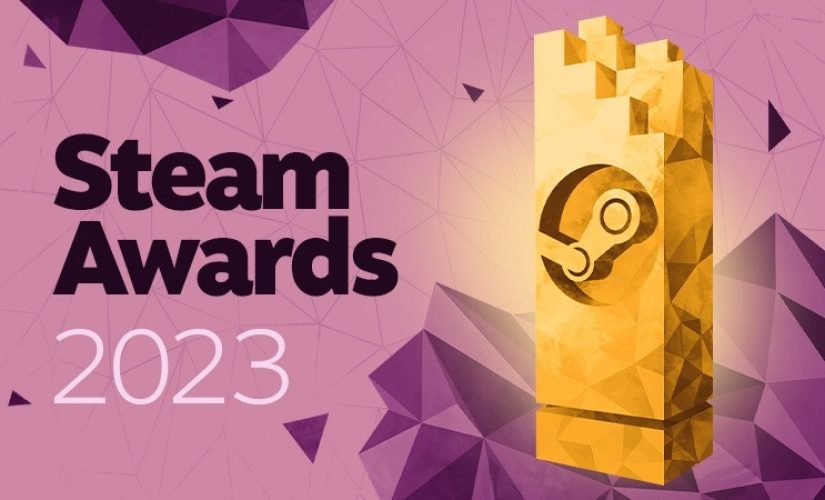Every year, the gaming platform Steam sets up a set of awards with a complex democratized process. Users can nominate games in 11 categories, and then the five most nominated games are voted on again to find the winner. Most years this works pretty well, but things seem to have gotten out of hand this year. While it’s hard to argue that Baldur’s Gate 3 does not deserve its Game of the Year and Best Story-Rich Game awards, some of the others are rather more questionable.
The most egregious example is the Labor of Love category. In the past, it has been won by the likes of Terraria, a game that has been receiving free updates since its release in 2011; or No Man’s Sky, possibly the greatest redemption story in gaming history. This year, the winner was Red Dead Redemption 2, a game that has not been updated since 2020.
Steam’s description for this category and its criteria is: “This game has been out for a while. The team is well past the debut of their creative baby, but being the good parents they are, these devs continue to nurture and support their creation. This game, to this day, is still getting new content after all these years.”
Red Dead Redemption 2 was undoubtedly a masterpiece (deservedly winning four awards in the 2018 Game Awards, narrowly missing the top accolade to God of War), but it was a masterpiece that stayed that way. Even 2019’s Read Dead Online stopped receiving major updates in 2021, with Rockstar pivoting to focus on Grand Theft Auto 6 and the ever-popular Grand Theft Auto Online.
Only slightly less conspicuous is Starfield winning Most Innovative Gameplay. Bethesda’s latest giant open-world RPG, Starfield is currently sitting on a recent review rating of “Mostly Negative” on Steam, and an overall “Mixed” rating. It seems strange that it would win any awards, let alone one for innovation. It has been slammed for being derivative and boring. Even the people who had fun with the game haven’t called it innovative.
So how have these games won these Steam Awards?
Put simply, these games won because people voted for them. There is no oversight here – the games that get nominated and voted for win the awards, whether it makes sense for the category or not. As soon as the process gets to the voting stage, Steam incentivizes voting with digital rewards, even if you’ve never played any of the nominees.
It’s likely then that people saw a game they liked and voted for it, without much thought for how well (or not) it fulfilled the category brief.
Most Innovative is particularly susceptible to this. The games most likely to take risks and use truly innovative gameplay are indie games made by smaller teams. Shadows of Doubt, one of the other nominees for the category, has only 7,113 reviews on Steam – compared to Starfield it’s barely a blip on the radar, and despite having some truly interesting mechanics, was never going to compete with the global recognition of Starfield.
If you want a more accurate representation of the games that did well on Steam this year, their “best of Steam” summary is likely to be more useful. For innovation, look at indie games. And for sensible award results, don’t trust Steam users.
Featured image: Screenshot of Steam





